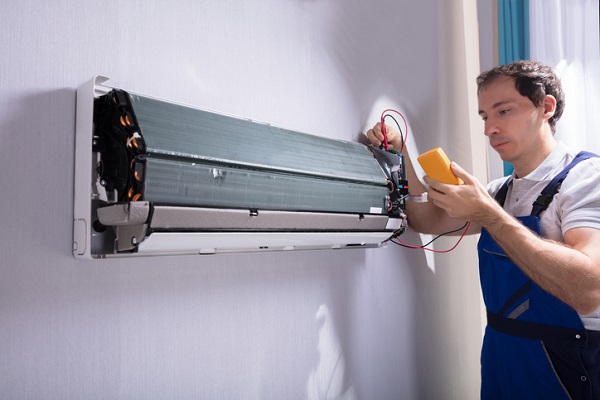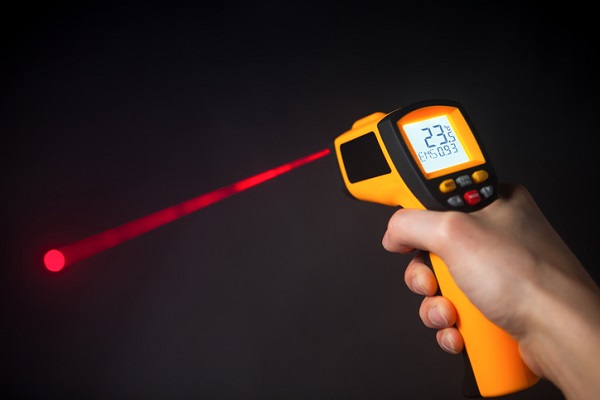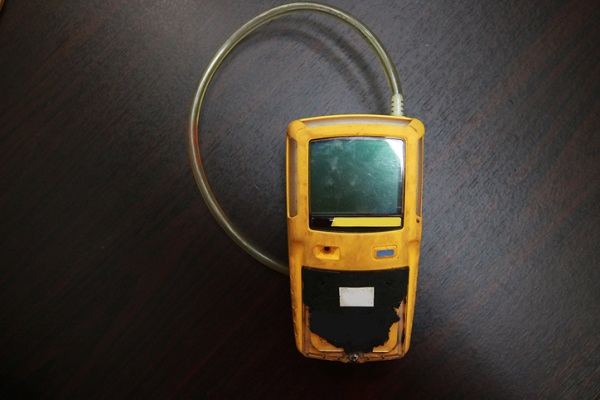
HVAC stands for heating, ventilation, and air conditioning, and as an HVAC technician you might be responsible for installing, maintaining, and repairing any of these systems. An HVAC diploma provides you with hands-on training in order to get you going in your career, no matter what type of system of you focus on.
One aspect of working as an HVAC technician is knowing how to use the right tools for the job. There are multiple instruments that you may encounter and utilize in your training or in your career, including testing devices.
Continue reading to discover a few of the testing devices frequently used by HVAC technicians.
1. An Infrared Thermometer Can Help You Spot Problems from a Distance
An infrared thermometer (IR) uses infrared technology to measure an object’s temperature from a distance. Sometimes called laser thermometers, IRs calculate the infrared emission of an object to determine its temperature. IRs may be used to quickly locate overheating circuits and equipment without requiring direct manual intervention. By adding an IR to your HVAC technician toolbelt, you can find and repair potentially hazardous components.

2. A Digital Multimeter Provides Important Information About Electrical Components
A digital multimeter (DMM) is a diagnostic tool employed by technicians working with electrical components, including by students developing their electricity-related knowledge at HVAC college. The primary purpose of a DMM is to measure electrical values—namely amps (current), volts (voltage), and ohms (resistance). The advantage of a DMM is that it combines the efficacy of multiple single-task meters into one comprehensive device. In one single reading, the user can receive information that would otherwise require three to four separate machines and three to four separate readings.
3. Leak Detectors Can Help You Detect Leaks When You Become an HVAC Technician
Leaks are a problem that HVAC technicians are often called upon to address. Such leaks may be caused by abrasive substances, physical damage, equipment malfunction or a variety of other factors. What is just as important as the problem itself is the ability to detect it. If a gas leak, for example, goes undetected for a prolonged period, it might become a health and safety hazard.

A leak detector helps you see what is otherwise invisible. If a system is utilizing compressed air to generate energy, for example, and that system is leaking, it might result in decreased productivity because energy will be lost. After your HVAC technician training, you may find yourself called upon to help detect and fix leaks and in those cases a leak detector will prove invaluable.
4. A Vacuum Gauge Is a Useful Tool to Have for Refrigeration Systems
A vacuum gauge is an instrument that measures the pressure in a vacuum. They are one of the most important tools used in refrigeration. As an HVAC technician, a vacuum gauge allows you to test the pressure of liquids and gases in cooling systems, which is essential when working with different refrigerants. Vacuum gauges are also necessary when servicing or replacing a refrigeration system as they provide you with important information about the system.
Do you want to become an HVAC technician?
Check out the North American Trade Schools to find out about our programs!





